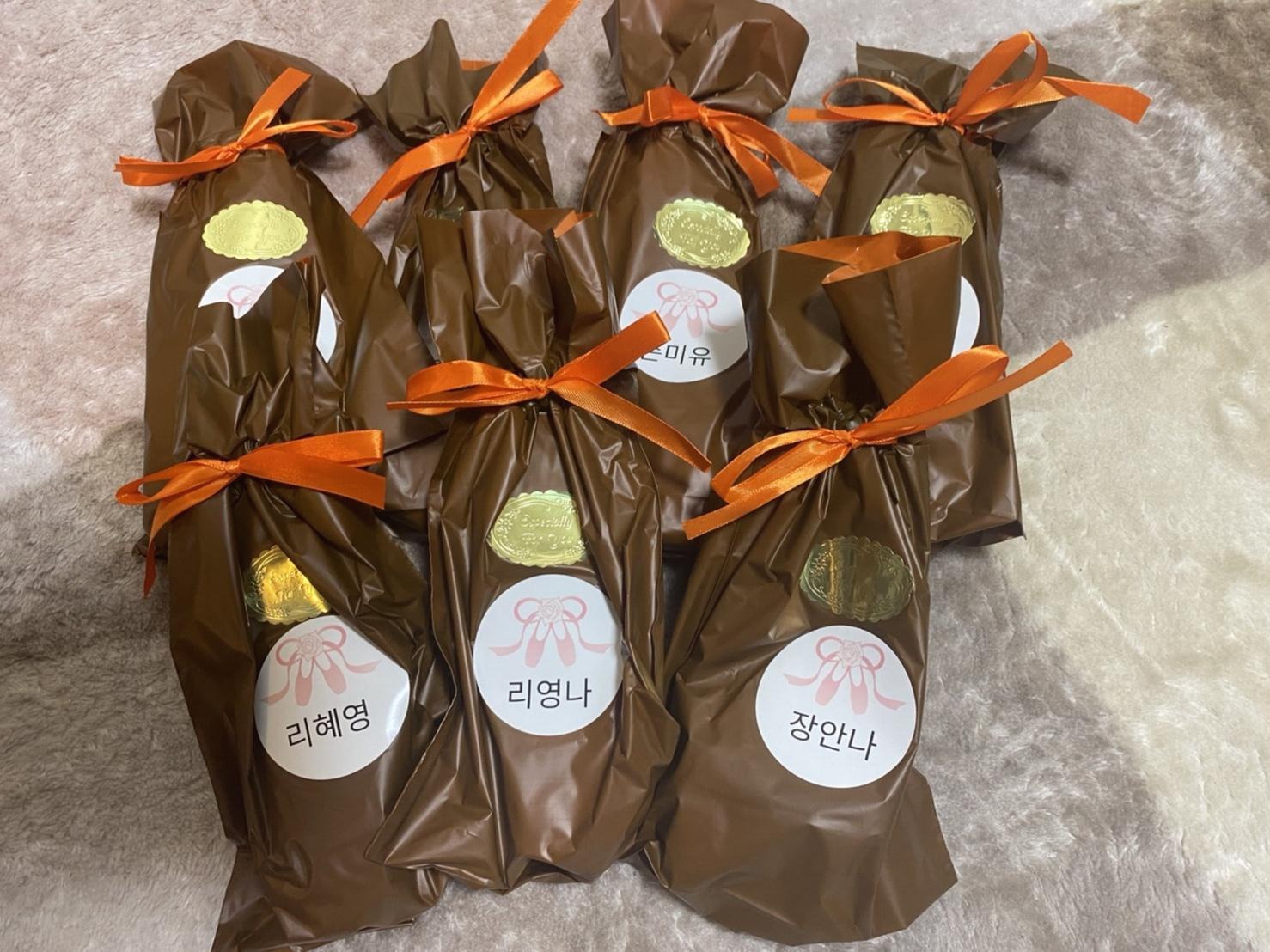In response to Mr. Mustein Zahir's request, The Monsoon Club invited two student representatives of the Monsoon Revolution to Korea: Ms. Samia Akther from Dhaka University Law School and Mr. Mosfiqur Rahman Johan from the Department of Anthropology at Brac University.

They were accompanied by Mr. Mustein Zahir, who also visited Korea at the invitation of the Korea Democracy Foundation (KDF), and spent 8 days in Korea to introduce the Monsoon Revolution to Korean people and seek advice for the peaceful settlement of the Monsoon Revolution.

I was unable to join the Bangladeshi delegation as I was guiding Japanese Teameye members to visit Goseong, Gyeongsangnam-do Province. As I had read their prepared presentations in advance, however, I knew the message they wanted to convey through their seven talks and meetings in Seoul and Gwangju.
Mr. Mustain Zahir explained the progress and meaning of the Monsoon Revolution in a thematic presentation at the KDF's Global Forum, which was translated and posted by Ms. Lee, Goeun and me.
You can find it here: https://teameye.tistory.com/717
[방글라데시2024캠페인] 8. "몬순 혁명과 저항의 언어" by 무스타인 빌라 자히르
방글라데시 몬순혁명의 청년 대표자 3명이 한국을 방문합니다. 몬순혁명 대변인이자 방글라데시 개헌위원 무스타인 빌라 자히르(Mustain Billah Zahir)씨는 대한민국 민주화운동기념사업회(Korea Democ
teameye.tistory.com
To briefly summarize Mr. Zahir's presentation again, university students' protests against the Hasina regime's public job quota system began in Dhaka in early July 2024. After Prime Minister Hasina's “Razakar” remark on July 14 and the deaths of five students, including Abu Sayed, in police firing on July 16, the protests against the quota system escalated into protests against the regime.

As anti-government protests spread across Bangladesh in late July, indiscriminate firing by the police and military forces resulted in an estimated 1,500 deaths and 30,000 serious injuries, and the Monsoon Revolution ended in a people's victory on August 5, when Hasina resigned and fled to India to escape protesters' march on the prime minister's office.

Following the success of the revolution, student representatives recommended Nobel Peace Prize winner Muhammad Yunus as the head of the interim transitional government, which was accepted by President Muhammad Shahabuddin, leading to the formation of the interim transitional government, which is working on six categry reforms to bring the Monsoon Revolution to a peaceful conclusion.

Mr. Zahir's presentation was originally titled “The July Massacre and the Language of Resistance in Bangladesh.” The July massacre refers to the carnage caused by the Hasina regime's firing orders that left 1,500 dead and 30,000 seriously injured, but I was curious to know what the “language of resistance” was.
It's “razakar,” a term used to describe Bangladesh's traitors who turned against the freedom fighters who fought for independence in the 1971 Bangladesh War of Independence.

Prime Minister Hasina accused protesters against the quota system, which allocates 30% of government jobs to the children and gradchildren of freedom fighters, of being “razakars.” The protesters responded, “Yes, I am a razakar,” challenging the Hasina regime's attempt to institutionalize the vested interests of the grandchildren of freedom fighters. How the phrase became a protest chant is described in Samia Akhtar's presentation.
https://teameye.tistory.com/720
[방글라데시2024캠페인] 10. “몬순혁명에서 여성의 역할” by 사미아 악타르
몬순클럽(대표 이고은)>이 한국에 초청한 또 한명의 학생대표는 사미아 악타르(Samia Akther)씨입니다. 사미아씨는 다카대학 법과대학원에 재학 중, 지난 7-8월의 몬순혁명에 참가했고 반정부 시위
teameye.tistory.com
In this way, 'Razakar' was transformed from its original meaning to become a language of resistance against authoritarian dictatorship. Through this transformation of the language of resistance, Hasina and other descendants of the freedom fighters of 1971 were identified with the oppressors, and the anti-government protesters of 2024 became freedom fighters for democratization. The transformation of language led to the transformation of reality.

In South Korea, independence fighters and their descendants, instead of being favored by the state, were marginalized and impoverished by a government dominated by pro-Japanese collaborators. In Bangladesh, independence fighters and their descendants faced resistance from the people as they tried to maintain their vested interests.

Whether it's Korea or Bangladesh, independence fighters or freedom fighters, Razakars or pro-Japanese collaborators, we can see that undermining fairness will inevitably lead the people to resist vested interests. (jc, 11/18/2024)
'몬순2024캠페인' 카테고리의 다른 글
| [방글라데시2024캠페인] 17. 공직 할당제 (0) | 2024.11.21 |
|---|---|
| [バングラデシュ2024キャンペーン] 16. 抵抗の言語 (1) | 2024.11.21 |
| [방글라데시2024캠페인] 16. 저항의 언어 (1) | 2024.11.21 |
| [バングラデシュ2024キャンペーン] 15.1億8千万人の国 (0) | 2024.11.19 |
| [Bangladesh2024 Campaign] 15. A country of 180 million people (0) | 2024.11.19 |


